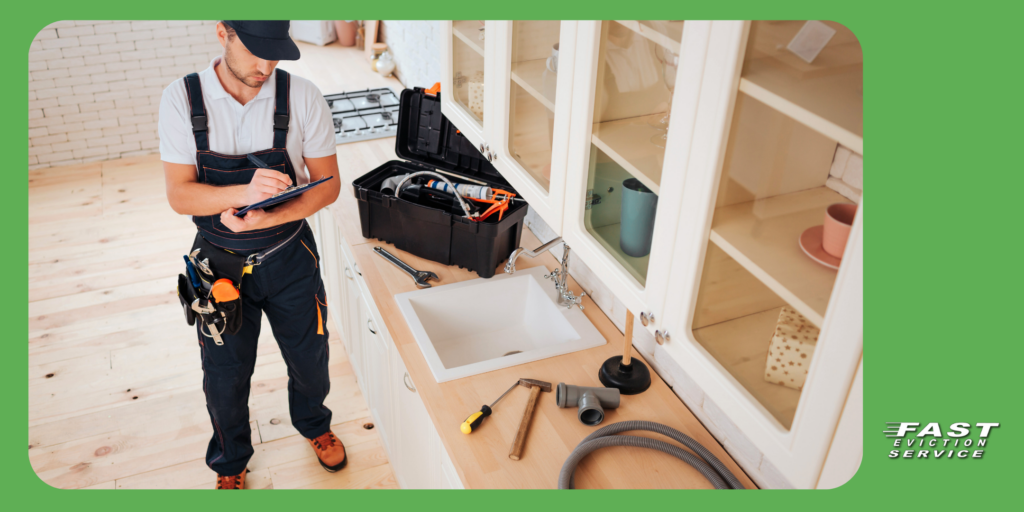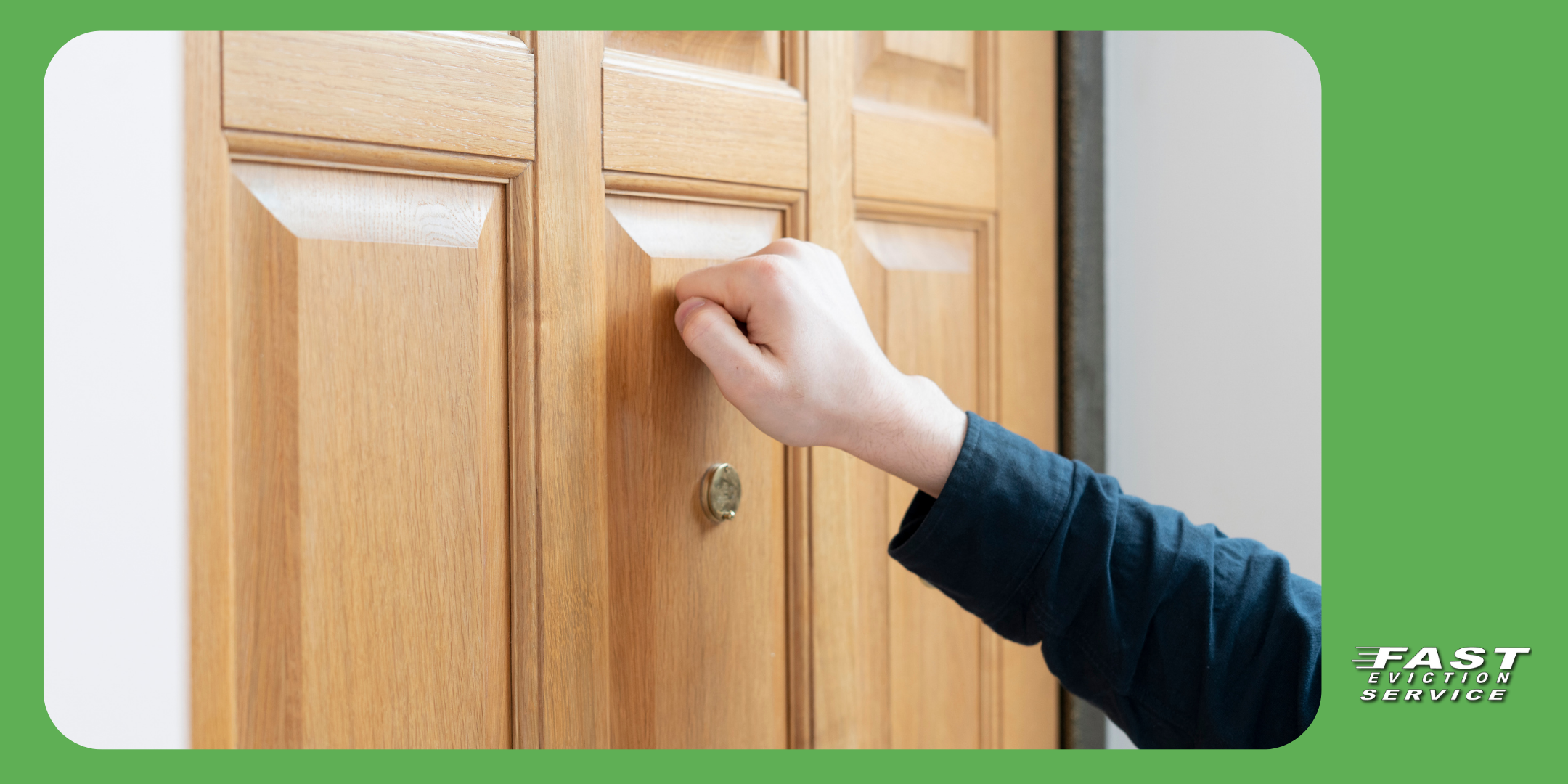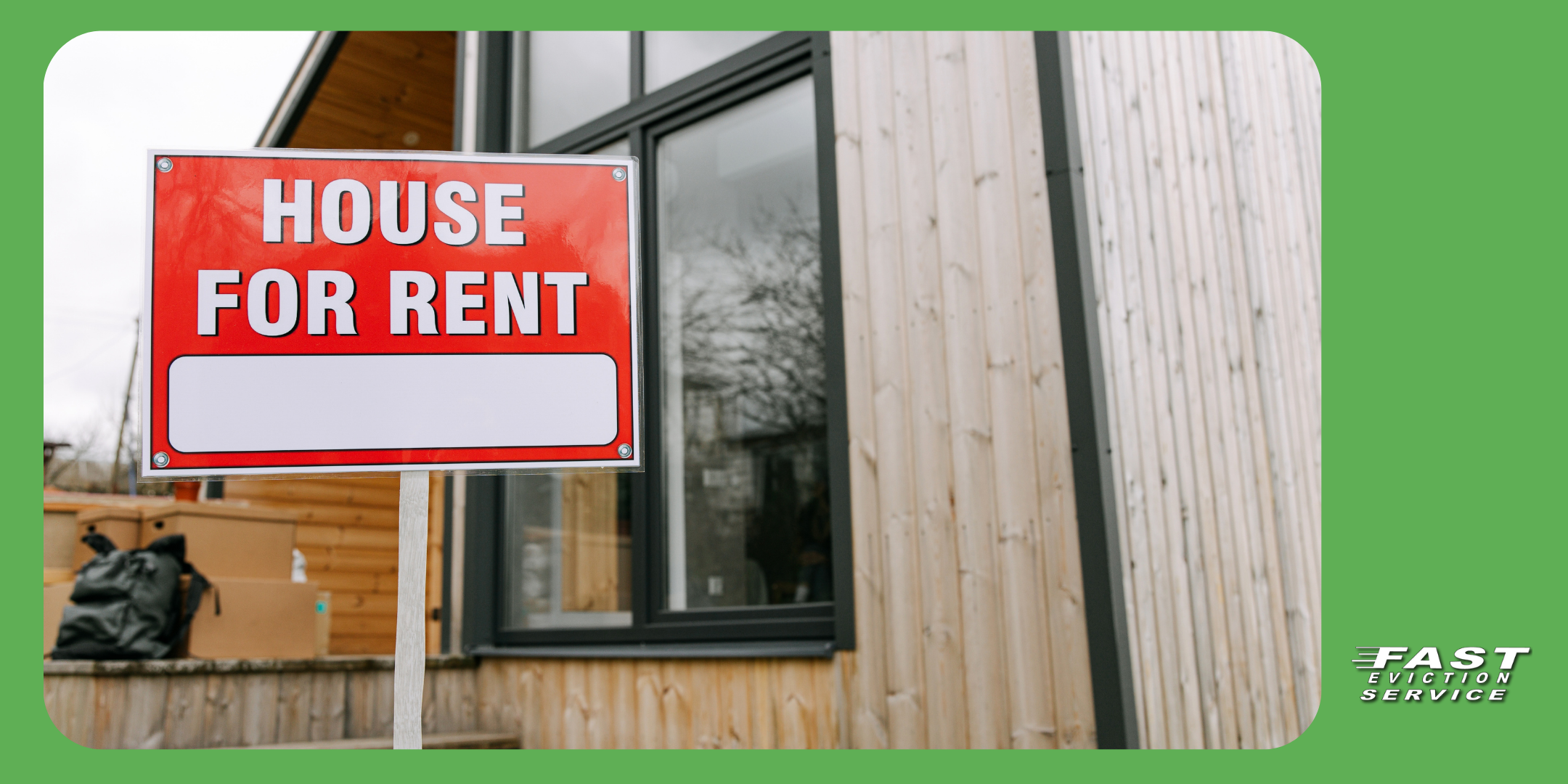Updated 01/13/24
As a landlord, ensuring your rental property remains in excellent condition is vital to attracting and retaining tenants. Regular maintenance and timely repairs not only preserve the property’s value but also demonstrate your commitment to tenant satisfaction. However, managing these tasks can be challenging, especially for landlords with multiple properties. This is where hiring a reliable property management handyman becomes essential. The right handyman can save you time, reduce stress, and ensure small issues don’t turn into costly problems.

In this article, we will explore the role of a handyman in rental property management, discuss when to hire one over a specialist, and provide actionable tips for finding the perfect fit for your needs. Whether you’re a seasoned landlord or just starting, these insights will help you make informed decisions.
Table of Contents
- Why Hiring the Right Handyman Matters for Rental Properties
- Pros and Cons of Hiring a Handyman
- When to Choose a Handyman Over a Specialist
- Where to Find a Reliable Handyman for Your Rental Property
- Questions to Ask Before Hiring a Handyman
- How to Assess a Handyman’s Experience and Certifications
- What Does a Handyman Typically Charge?
- DIY vs. Hiring a Handyman: Making the Right Choice
- How to Build a Long-Term Relationship with a Quality Handyman
- Avoiding Common Pitfalls When Hiring a Handyman for Rental Repairs
Why Hiring the Right Handyman Matters for Rental Properties
A skilled handyman is a landlord’s best friend when it comes to maintaining rental properties. These professionals handle various tasks, including minor plumbing, electrical repairs, painting, and general maintenance. By hiring a reliable handyman, you ensure that your property stays in good condition, tenants remain satisfied, and small issues don’t escalate into expensive problems.
Moreover, a dependable handyman can respond quickly to emergencies, which is critical for tenant retention and avoiding potential legal liabilities. Property management handymen often provide a cost-effective alternative to hiring specialized contractors for routine repairs, making them invaluable for landlords managing multiple properties.
Pros and Cons of Hiring a Handyman
Like any decision in property management, hiring a handyman comes with advantages and potential drawbacks. On the positive side, a handyman offers flexibility, affordability, and convenience. They can address various small tasks without the need for multiple specialists, saving time and money.
However, handymen typically have limitations. They may not possess the expertise or certifications required for complex repairs or installations. In such cases, hiring a licensed contractor becomes necessary. Understanding these pros and cons helps landlords make informed decisions about when and how to utilize a handyman’s services.
When to Choose a Handyman Over a Specialist
Deciding between a handyman and a specialist often depends on the nature and complexity of the task. For minor repairs, such as fixing a leaky faucet, patching drywall, or replacing light fixtures, a handyman is an ideal choice. These tasks don’t require advanced technical knowledge or licenses.
On the other hand, major repairs involving structural, electrical, or plumbing systems should be handled by certified specialists. Hiring a handyman for such tasks can lead to subpar results or even legal issues. Knowing when to rely on a handyman versus a specialist ensures both compliance and quality.
Where to Find a Reliable Handyman for Your Rental Property
Finding a trustworthy handyman can be challenging, but several resources can simplify the process. Local referrals from fellow landlords or property managers are often the most reliable. Online platforms like Angie’s List, Thumbtack, and HomeAdvisor also provide vetted professionals with customer reviews.
Additionally, joining landlord or property management associations can connect you with reputable handymen experienced in rental property maintenance. Always verify references and past work to ensure you’re hiring someone dependable and skilled.
Questions to Ask Before Hiring a Handyman
Before hiring a handyman, it’s essential to ask questions that help you evaluate their suitability. Key questions include:
- What types of repairs do you specialize in?
- Are you insured and bonded?
- Can you provide references from previous clients?
- What is your availability for emergency repairs?
- Do you offer written estimates for your services?
These questions ensure you’re hiring someone qualified, reliable, and capable of meeting your property’s needs.
How to Assess a Handyman’s Experience and Certifications
Evaluating a handyman’s experience and qualifications is crucial. Look for candidates with several years of experience in property maintenance. While most handymen don’t require licenses for minor repairs, certifications in specific areas, such as HVAC or electrical work, indicate advanced skills.
Requesting references and reviewing online reviews are effective ways to gauge a handyman’s reputation. Ensure they carry liability insurance to protect yourself in case of accidents or damages during repairs.
What Does a Handyman Typically Charge?
Handyman rates vary based on location, experience, and the scope of work. On average, they charge between $50 and $100 per hour. Some may offer flat rates for specific tasks, such as assembling furniture or painting a room. For landlords, understanding these rates helps in budgeting for property maintenance expenses.
Comparing quotes from multiple handymen is a good practice to ensure you receive fair pricing without compromising quality. Be cautious of rates significantly below market averages, as they may indicate inexperience or subpar workmanship.
DIY vs. Hiring a Handyman: Making the Right Choice
For landlords with the skills and time, tackling minor repairs themselves can save money. However, DIY projects come with risks, especially if you lack experience. Mistakes can lead to additional costs or even safety hazards.
Hiring a handyman for small repairs ensures the work is done correctly and efficiently. It also frees up your time to focus on other aspects of property management. Balancing DIY efforts with professional help is key to maintaining your property effectively.
How to Build a Long-Term Relationship with a Quality Handyman
Establishing a lasting relationship with a dependable handyman benefits both parties. Communicate clearly about expectations, provide prompt payments, and express appreciation for quality work. Offering consistent work ensures they prioritize your needs.
Additionally, maintaining open communication helps build trust and ensures your handyman understands your property’s unique requirements. Over time, this relationship can lead to better service and faster response times for repairs.
Avoiding Common Pitfalls When Hiring a Handyman for Rental Repairs
To avoid issues, always vet potential handymen thoroughly. Check references, verify insurance coverage, and ensure their experience aligns with your property’s needs. Avoid hiring based solely on the lowest price, as this can compromise quality.
Clearly outline the scope of work and agree on pricing before repairs begin. Maintaining detailed records of agreements and completed work protects both you and your handyman.
Frequently Asked Questions About Property Management Handyman
What is a property management handyman?
A property management handyman specializes in handling minor repairs and maintenance tasks for rental properties, ensuring they remain in good condition.
How do I find a reliable handyman?
You can find reliable handymen through local referrals, online platforms, and landlord associations. Always check references and reviews before hiring.
What should I ask before hiring a handyman?
Key questions include their areas of expertise, insurance status, references, and availability for emergency repairs.
How much does a handyman charge?
Handymen typically charge between $50 and $100 per hour, depending on location and experience.
When should I hire a handyman over a contractor?
Hire a handyman for minor repairs and maintenance tasks. For major structural, electrical, or plumbing work, hire a licensed contractor.
Final Thoughts
Hiring the right handyman is essential for effective rental property management. By following the tips outlined in this article, landlords can find skilled professionals who help maintain their properties and ensure tenant satisfaction.





